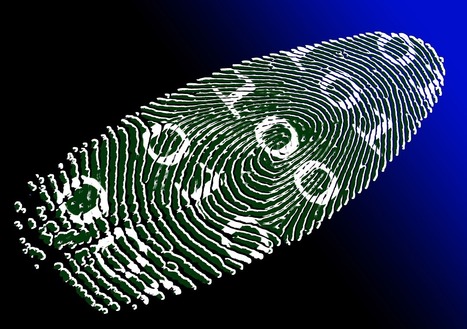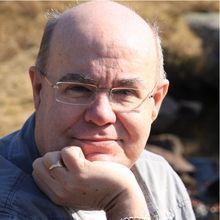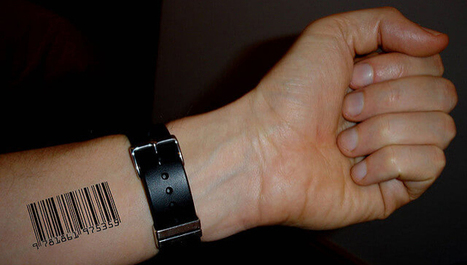As a “young” researcher, I have been struggling for months with the concept of Digital Identity (DI). Digital Identity has been defined simply as “the permanent collection of data about us that is available online” by BinaryTattoo.
Up to the mid 90’s, pre-Internet days, academics built their scholarly identities via publications, conference presentations, workshops, etc. that they physically attended. Word of mouth about the quality of their teaching and research was another key diffuser and builder of their scholarly persona., such as annual conferences where vibrant ideas were exchanged with a lot of farewell hands-shakes and best wishes till “See you next year”.
Research and publish the best content.
Get Started for FREE
Sign up with Facebook Sign up with X
I don't have a Facebook or a X account
Already have an account: Login
Literacy in a digital education world and peripheral issues.
Curated by
Elizabeth E Charles
 Your new post is loading... Your new post is loading...
 Your new post is loading... Your new post is loading...

Jacob Eussen's curator insight,
August 23, 2014 2:50 AM
This resource shows how the digital world is so hard to get away from once you have started. So if you want to hide, "you’ve got to work at it. You’ve got to delete, very extensively, everything on social media. Then try and remove all evidence from websites and blogs. And directories. And email providers. And search engines. And the phone companies. And so on…" |
|














